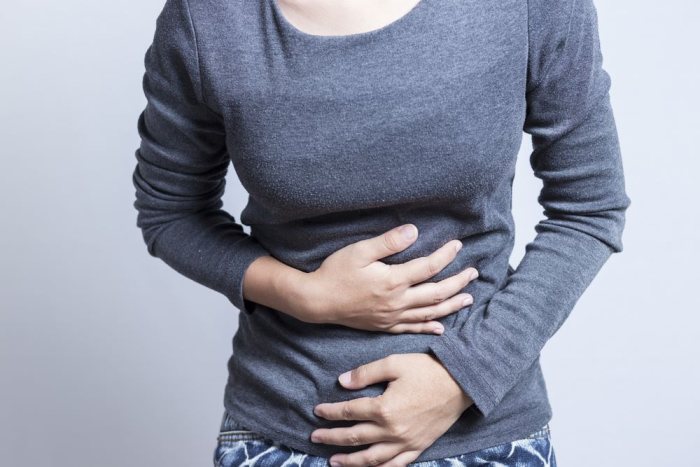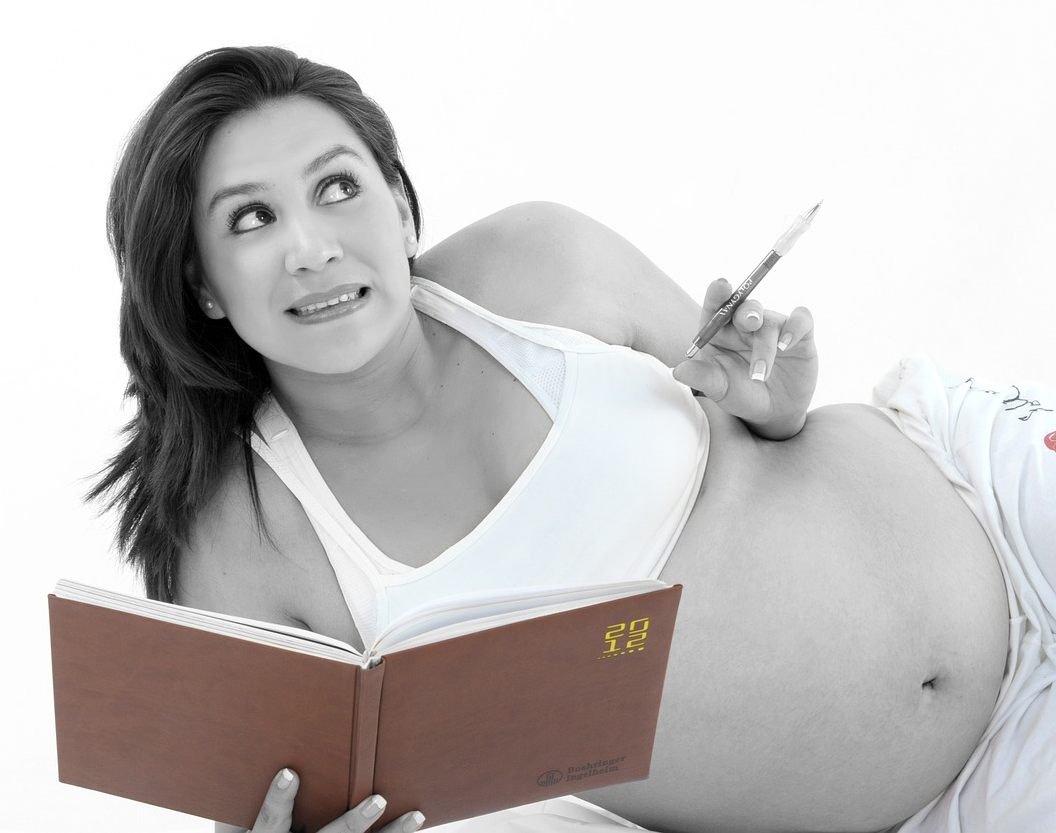You are women or teenager, you have experiences with ovulation or menstruation when the puberty comes to you. Have you ever feel pain during this period. Not at all people; however, 1 in 5 people due to with pain when the ovulation come. Do you know how long does ovulation pain last? Beside show you information about this question, we also provide you some abnormal sign of pain which you need to notice.

Definition of the Ovulation?
This is a phenomenon occurring in the body of a woman, every month your body produces a certain amount of eggs. The phenomenon of ovulation occurs in the middle of the menstrual cycle. Each ovary cyst will produce one egg each month, the egg after fall will go into the fallopian tube to the uterus. If the sperm meets eggs, it will lead to conception. Otherwise, the eggs will be excreted outside the uterus and create a menstrual cycle every month.
The ovulation pain is the feeling during ovulation process: 1 in 5 women need to experiences with ovulation during menstruation.
When does the ovulation occur?
Contrary to popular belief, many people do not ovulate on day 14 of the cycle. The time of ovulation in each person is different and the months are different. If your menstrual cycle lasts 28 to 32 days, ovulation may occur between day 11 and day 21.
What are symptoms when you have ovulation?
-
Appearance of cervical mucus
The first and most recognizable ovarian sign is the appearance of mucus that is milky white as egg white in the cervix. Fluid in the days of ovulation is usually thin, elastic. This fluid helps the sperm move easily through the vagina and into the fallopian tube to wait for the egg, and this mucus is also a favorable factor for improving fertility in women.
This mucus turns into bad gas. Normally, bad air is slightly yellowish in color, in the ovulation time, air pollution becomes more. This is the most recognizable ovulation sign.
-
Wet and swollen in the vagina
In these coming to ovulation, the vagina becomes wet as well as the ovulation sign is easily recognizable. Cervical mucus may not be noticeable, but it is possible to observe and feel the wet area. It quite easy to feel the vagina become swollen and more sensitive than normal.
-
Chest pain
During ovulation days, the amount of progesterone in the body will increase and cause chest pain. In addition, some people may feel chest tightness, similar to premenstrual symptoms. This sign indicates that the day of ovulation is coming very close.
-
Sexual desire increases
Progesterone hormone levels rise, LH levels have strong variation promotes libido during ovulation. 6 days of ovulation is the most fertile time in a menstrual cycle. That is why women are very prone to pregnancy if they are married these days.
-
Blood spots appear
The reason is the shortage of estrogen in the body make the endometrium lose hormone, peeling part of the uterus, so the mucus comes out with some blood or mucus, slightly brown. This is normal, is not residual menstruation and absolutely don’t need to worry about this.
-
Stomach
In the 14th day of the menstrual period, they will be the pain in the lower abdomen. Pain is usually in the lower abdomen, accompanied by symptoms that are fullness, bloating, discomfort.
-
A headache or semi-headache
A headache is a common sign of ovulation in women before ovulation and menstruation come. This can explain the hormonal changes in the body. If you have a headache, you can use green tea or lemon to solve this problem.
How long does ovulation pain last?
Ovulation occurs on the right or left lower (depending on the number of eggs from the egg). Â There are no rules at all, the pain may change every month, but it just can be painful in the lower abdomen. The pain varies from person to person, from a few minutes to 48 hours, and someone can feel nausea.
If the pain lasts more than 3 days or you have the pain like someone stab you. The pain makes you feel exhausted or depression. These are signs you need to notice because it can warn you some dangerous diseases. You need the consultation with the doctor as soon as possible.
How to reduce the pain in the ovulation?
Pain relief medication: Someone doesn’t need to do anything because the pain is mild. However, if the pain more serious, you can use pain relief medication to reduce the symptoms. You need to use medication follow the doctor’s order and see the label before using.
Warm compresses: This way can effective for many people. You can try to relieve pain when ovulation by placing hot pads on the lower abdomen and resting.
Take a warm bath: If you do not want warm compresses, you can replace it with a hot or warm bath (avoid hot baths to avoid burns).
Contraceptive medications: These contraceptive medications, in addition to unwanted pregnancy, can also stop ovulation. If you start taking hormonal contraceptives, you will stop the ovulation and therefore your ovulation will disappear, However, you should consult your doctor when using it.
We showed you about “how long does ovulation pain last’’ before. We hope that it can help you. Wish you always healthy and beautiful.
REFERENCE:
1, https://carekees.com/how-long-does-ovulation-pain-last/



Leave a Reply